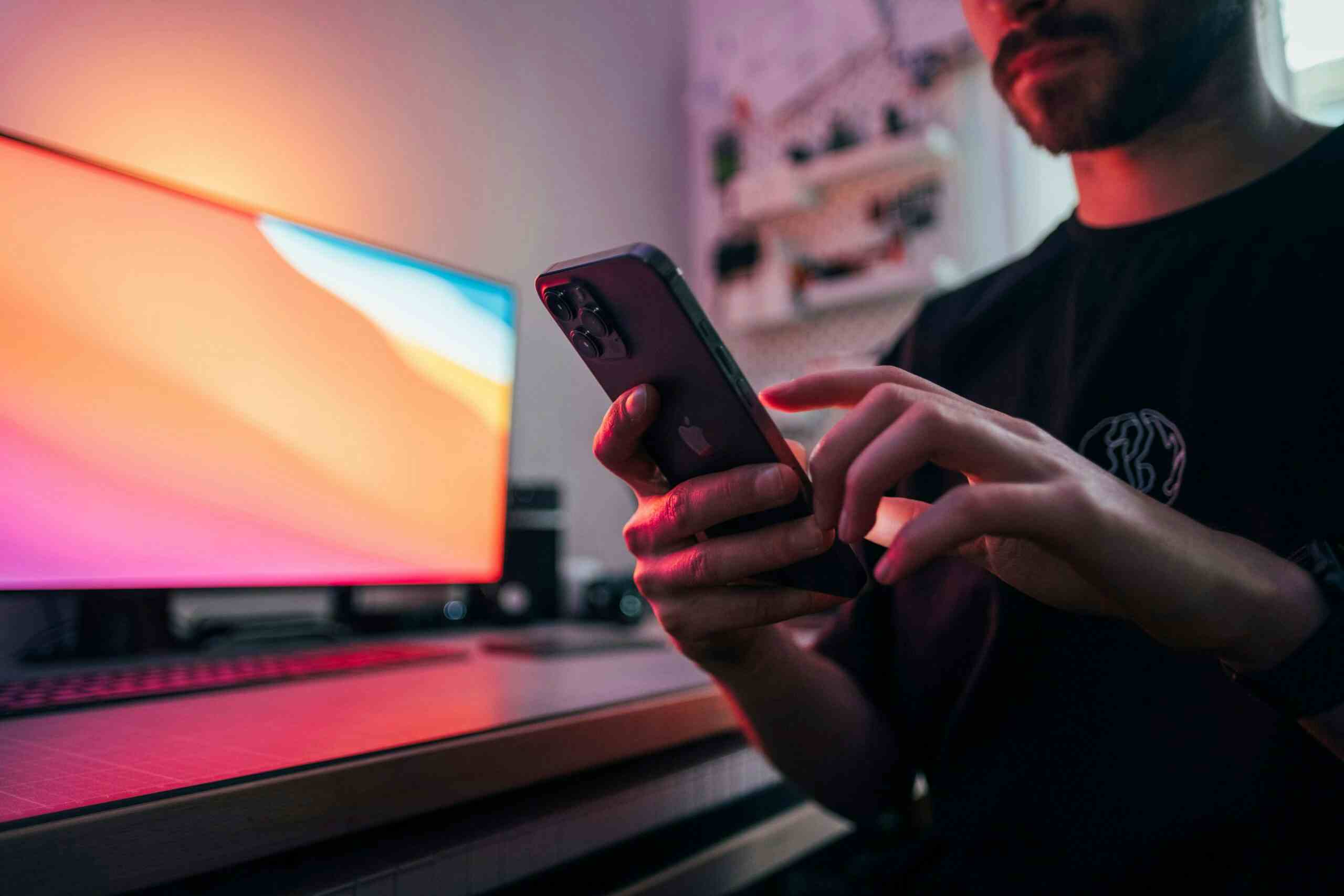Why Cell Boosters are FCC Certified
Posted on 8/30/2022 by Nicholas Jones
Cell phone signal boosters have not always been the consumer-friendly, government-certified devices they are today. In fact before 2013 cell boosters were, for all intents and purposes, unregulated.
Technically speaking, those pre-2013 signal boosters were governed by the same regulations which, at the time, covered all cellular devices including mobile phones.
Since boosters were regulated as a general device class (the class of all cellular devices) rather than specifically as cell phone signal boosters, the booster market was pretty much wide open.
A lack of standards
Back then, manufacturers of signal boosters could make virtually any claims they wanted, and there was no one to hold them accountable.
There were also no industry standards for boosters, so product quality and performance varied widely.
As a result, some boosters were so poorly made that when they entered oscillation – a feedback loop caused by improper antenna location – they would overpower and shut down portions of the cellular network. Yikes!
Momentum for FCC regulation
That’s right. Back in the day poorly engineered boosters could, and sometimes did, shut down the cell network that provided service to thousands of cell phone customers in the area.
It’s little wonder then that things had to change. Booster manufacturers like weBoost parent company Wilson Electronics, major cell service providers, the Federal Communications Commission, and customers who relied on cell boosters all came together to develop signal-booster-specific regulations.
After years of negotiations and work, the FCC voted in 2013 to adopt cell signal booster regulations jointly proposed by Wilson and the major U.S. cell carriers.
Results of Regulation
For several reasons, the current FCC regulations governing cell boosters are a win-win-win situation for all parties concerned.
First of all, there’s now accountability. It’s virtually impossible for booster manufacturers to get away with exaggerated marketing claims. Why? Because now all cell signal booster models are tested by independent labs, and the test results are part of the public record.
If a maker of cell boosters made false claims for marketing purposes, that manufacturer would get called out by the public and, of course, by competing manufacturers.
The FCC regulations also mandate performance and manufacturing standards for signal boosters. Every booster sold in the U.S. must meet those standards, and the lab tests I mentioned earlier make sure they do.
Finally, every cell phone booster sold in the U.S. must be certified by the FCC to meet the commission’s standards. I should point out that Canada has a very similar testing and certification process carried out through that country’s standards agency, Industry Canada.
If you want to be sure the cell signal booster you buy works exactly as the manufacturer says it does, then get a booster that’s certified by the FCC or IC.
Watch out for uncertified boosters
With the current state of global e-commerce, it’s still possible to buy a cell signal booster that is not FCC-or IC-certified. In fact, some overseas booster manufacturers advertise online in the U.S. and Canada hoping to entice unwary customers to buy their uncertified products.
Anyone could order an uncertified booster from outside North America or from an unscrupulous domestic e-tailer. But why do that?
Even if your booster arrived safe and sound, you couldn’t know for sure what you were getting. There would be no testing or certification process like the FCC or IC requires, no performance or manufacturing standards that must be met, and no way to hold the manufacturer accountable for false claims.
We’ll say it again. If you want to know for certain your cell booster works exactly as claimed and meets all government standards, then make sure to get a booster that’s FCC-or IC-certified.
Click below to see the weBoost full line of FCC- and IC-certified cell signal boosters.



